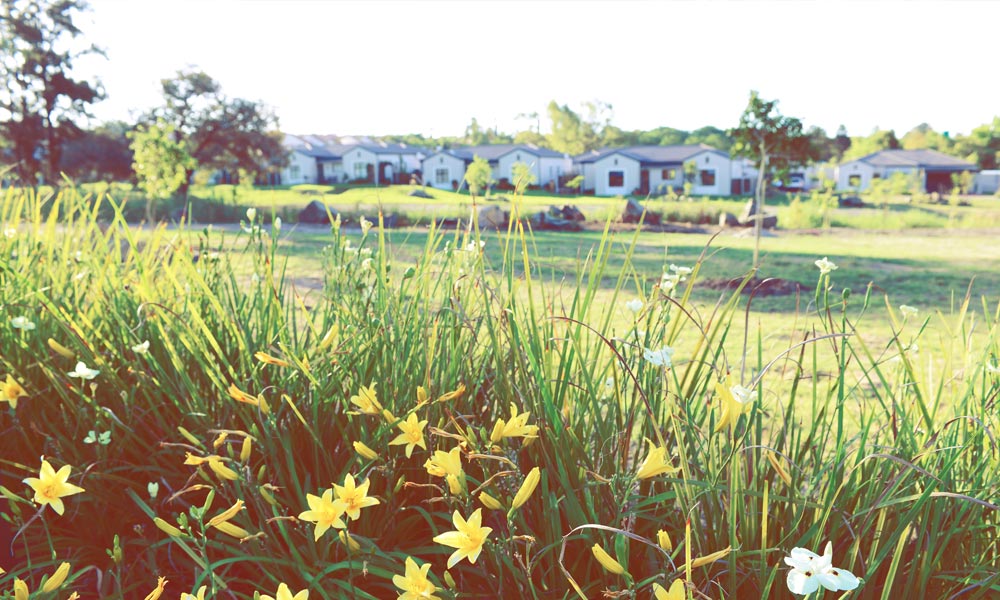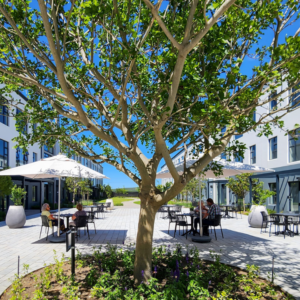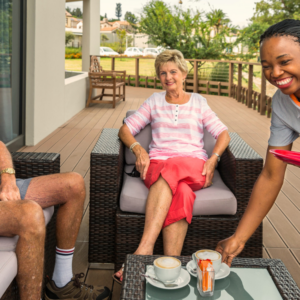
Reducing the distress of dementia
The number of older people is on the rise globally, and this includes South Africa, where projections suggest that by the end of the century those over 60 could make up almost ⅓ of South Africans. This startling statistic is coupled with the fact that life expectancy is rising, and so more South Africans than ever before are living well into their 80s and beyond.
The risk of dementia increases as one ages. By 90, about 40% of this age group will suffer from Alzheimer’s disease, one of the most well-known types of dementia. So, as our population ages, the number of sufferers will increase, raising significant concerns for South African society and for families.
Since no one can be sure whether they will be afflicted by the condition in the future, everyone should take the necessary planning steps to lessen the impact on the individual and their family should the disease affect them.
Arthur Case, the CEO of Evergreen Lifestyle, a large national retirement lifestyle brand in South Africa, points out that there a number of factors to consider when one is planning for one’s retirement years. These include:
- Identifying a residential home geared to provide quality of life and dignity at all stages of this period of life
- Planning for the potential financial impact of a debilitating condition such as dementia
- Planning to curb the overwhelming impact on family members when this condition arises.
“In many ways, all these factors are intertwined,” Case explains. “When a retiree continues to live in the family home into their late 70s or 80s, the impact on their children and grandchildren can be negative, especially if dementia sets in. Memory loss, for instance, typical of dementia, may result in a stove not being turned off, or huge water bills because taps are left running. It’s also near impossible to leave dementia sufferers on their own.”
This is in itself a burden on the family, and this yoke becomes greater when the aged person needs physical assistance with bathing, dressing and eating. A scenario like this often arises when a family settles the dementia patient in their own home. While family members can keep an eye on the sick person, the responsibility for ongoing daily care can get too much.
“We recommend that people plan well in advance by relocating timeously from their typical large suburban family home into a property or facility that is better equipped to deal with the possible effects of aging and diminished capacity,” says Case. “In the earlier days, the person may be able to live as independently as before relocating, and there are many retirement facilities that cater for this. At a later stage, if dementia or a physical problem arises, the chosen accommodation should ideally be able to offer the services necessary to cope with the condition. This may involve having ramps rather than stairs, grab rails in bathrooms and bedrooms, or frail care and nursing for someone severely affected by the condition.”
Case refers to the benefits of ‘ageing in place’ – people are known to be better off if they can remain in the same location no matter what happens to their health. “A major relocation, such as from the family home directly into a nursing home or frail care facility when a person becomes ill, can be traumatic for both the individual and their families,” he explains. “On the other hand, if they had lived in a retirement facility for a period before having to move to frail care, it is less stressful since the surroundings are familiar and their friends are still nearby.”
Case heads up the development of Evergreen’s retirement lifestyle villages across South Africa; these large all-encompassing villages offer a wide choice of accommodation including free-standing houses for younger and more independent residents, apartments and care facilities for those less so. People may move into the village in their 60s and remain there for the rest of their lives, choosing whichever type of home is most suitable for them at a particular stage. Evergreen is able to match lifestyle to life stage by facilitating seamless transfers between homes, apartments and, if required, a specialised care centre.
“These homes are acquired through the purchase of a life right,” Case explains. “The advantage of a life right is that it allows for financial flexibility, which may assist with the costs of frail care, should this become necessary. And if a person needs expensive medical care at some point, this flexibility is very reassuring.”
With the reality of a far larger cohort of senior citizens comes more incidence of diseases like dementia. And thus more families will be impacted, making future planning imperative.
For more information on Evergreen Lifestyle Villages and the Life Right purchase model, please contact 021 702 3200 or visit www.evergreenlifestyle.co.za.



